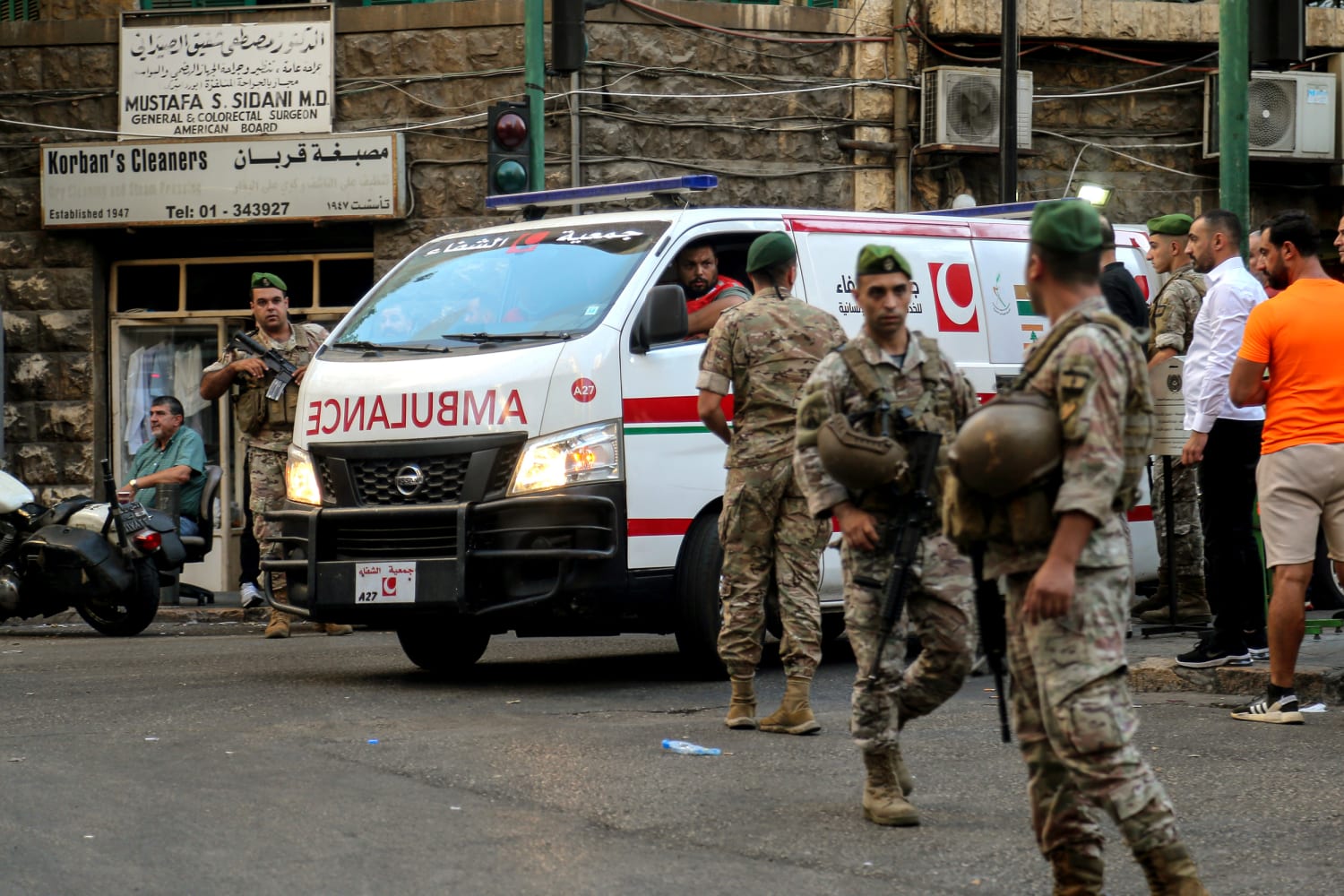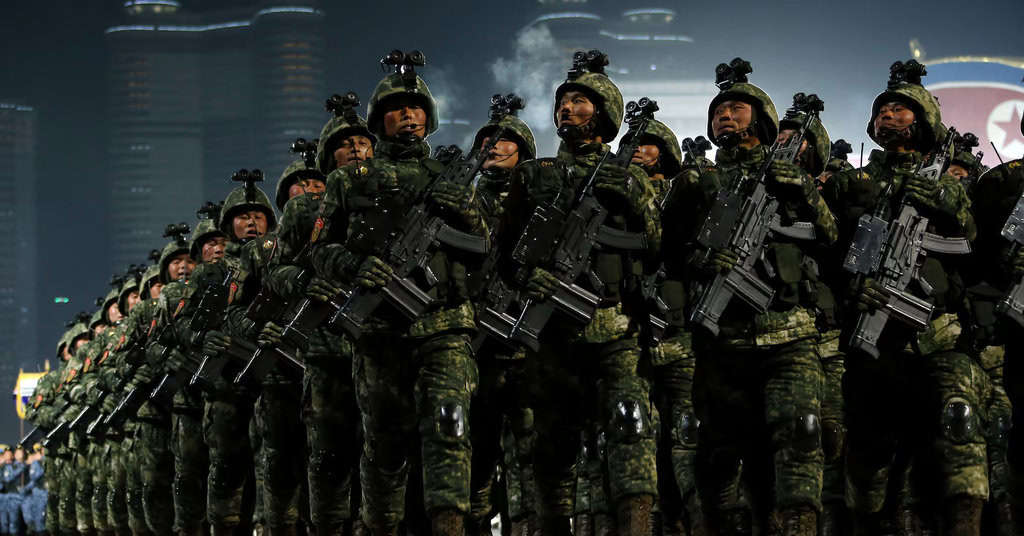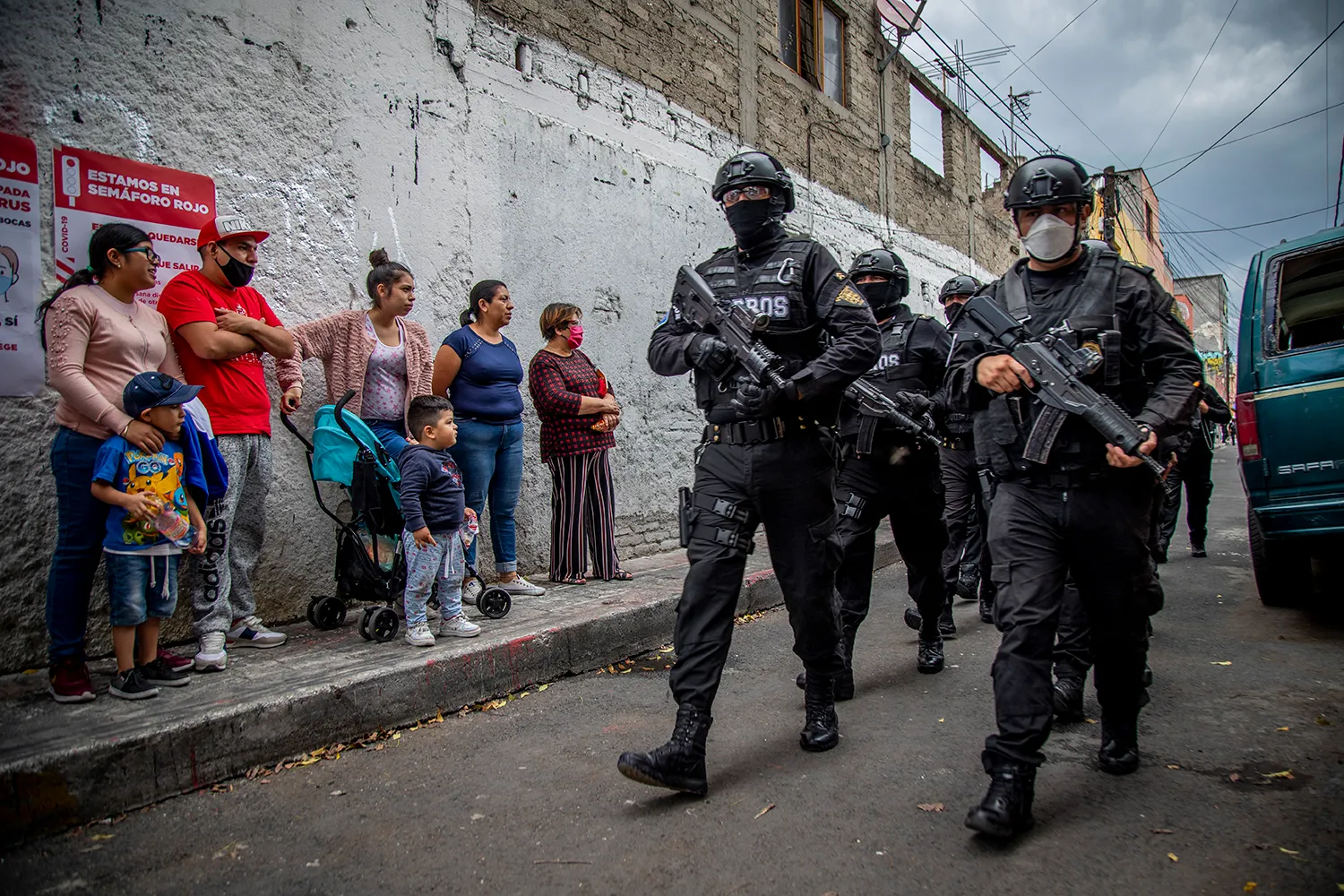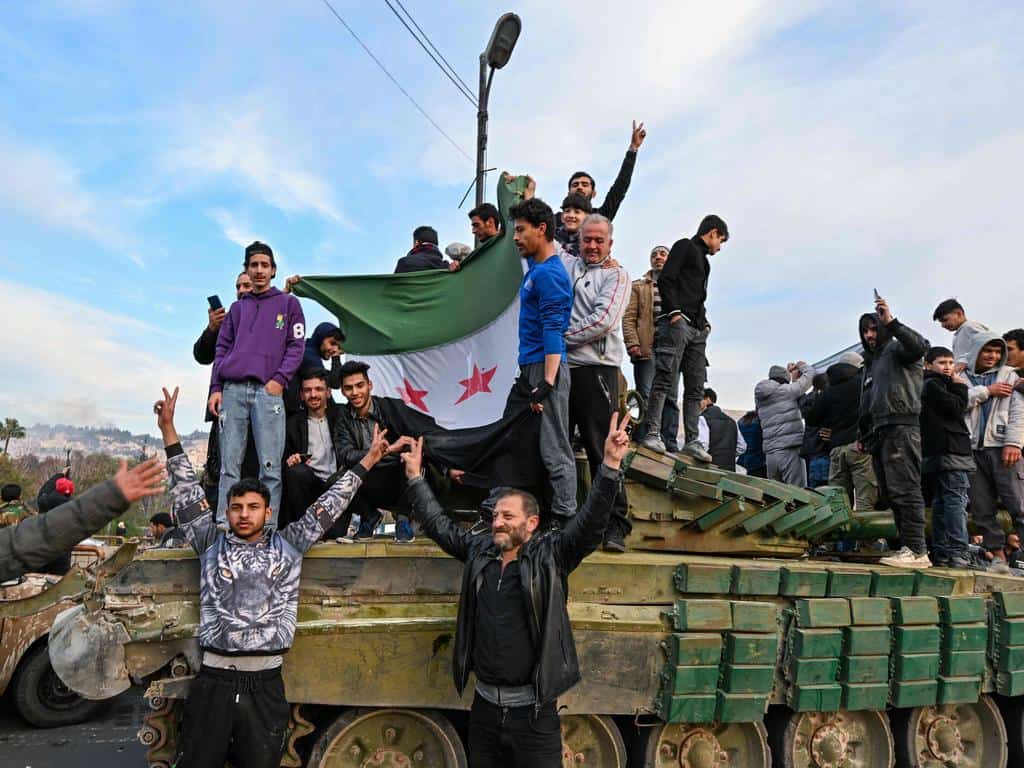A New Chapter in Conflict
In an escalation of hostilities, a series of deadly explosions in Lebanon have not only claimed the lives of over 26 individuals, including children, but have also raised alarms about the evolving landscape of cyberwarfare. These incidents, which involved communication devices used by the militant group Hezbollah, signal a significant shift in how conflicts are conducted in the digital age.
The repercussions of this violence are reverberating through Lebanese society, affecting perceptions of safety and trust. As tensions rise, the implications for regional security become increasingly complex and troubling.
Understanding the Explosions
What Happened?
On consecutive days, explosions rocked Lebanon, particularly in Beirut, where communications devices exploded in crowded areas, including a funeral procession. Initial reports from Lebanon’s health ministry indicated that 14 people died and approximately 450 were injured in the first wave of attacks. Eyewitness accounts described chaos as smoke emanated from individuals’ pockets, leading to confusion and panic.
The following day saw additional explosions that resulted in further casualties. The Lebanese public found itself in a state of alarm as emergency services struggled to cope with the influx of injured, underscoring the chaotic reality of modern warfare.
The Mechanics of the Attacks
According to sources, the detonations were triggered by messages sent to pagers used by Hezbollah members. U.S. officials speculated that the pagers were designed to detonate in a coordinated strike against Hezbollah. Reports indicated that the messages sent to the devices were mistakenly perceived as commands from Hezbollah’s leadership, leading to their tragic activation.
This level of sophistication in targeting suggests advanced cyber capabilities and a thorough understanding of Hezbollah’s operational methods. Eyewitness accounts described the explosions as resembling fireworks or gunshots, further adding to the confusion as bystanders tried to understand what was happening around them.
Implications of Cyberwarfare
A Shift in Strategy
This incident marks a new phase in the ongoing conflict between Israel and Hezbollah. Analysts suggest that the nature of warfare is evolving, with technology playing a central role in combat strategies. As Prof. Simon Mabon from Lancaster University stated, the scale and execution of these attacks are unprecedented.
Israel’s use of technology to infiltrate Hezbollah’s communication networks reveals a broader trend in modern warfare: the reliance on digital and electronic means to achieve strategic advantages. The attacks illustrate how combatants are adapting to technological advancements, creating a new battlefield that extends beyond physical confrontations.
Hezbollah’s Reliance on Low-Tech Communication
Historically, Hezbollah has favored pagers over mobile phones to evade Israeli surveillance. These devices are less susceptible to tracking, making them a preferred choice for secure communications. However, the recent attacks highlight vulnerabilities even in these seemingly secure systems.
This reliance on low-tech solutions points to a broader issue: as technological advancements continue, so too do the strategies of those seeking to exploit them. Hezbollah’s choice to use pagers may have provided some level of security, but this incident reveals that such systems can be compromised.
Victims and Societal Impact
Casualties and Response
Among the victims were notable individuals connected to Hezbollah, including the sons of two MPs. Additionally, Iran’s ambassador to Lebanon was injured but survived. Public health officials reported that most injuries were severe, with many victims suffering from facial and hand injuries. The nature of the injuries—ranging from burns to amputations—paints a grim picture of the immediate impact of the explosions on the civilian population.
The healthcare system in Lebanon, already strained from economic crises, faced a daunting challenge as emergency rooms became inundated with casualties. Health Minister Firass Abiad reported that many of the injured were civilians, further emphasizing the indiscriminate nature of the attacks.
Societal Repercussions
The explosions have intensified fears and distrust within Lebanese society. As locals become wary of anyone using communication devices, the social fabric of the community is strained, reflecting broader tensions exacerbated by the conflict. The chaos witnessed in hospitals was mirrored in public spaces, where residents began to suspect one another, questioning the safety of their daily lives.
Reports of increased anxiety and paranoia indicate that the psychological toll of such attacks extends far beyond physical injuries. The persistent fear of further explosions could alter social dynamics, leading to increased isolation and mistrust within communities.
International Responses and Future Concerns
Accusations and Denials
Hezbollah has blamed Israel for orchestrating the attacks, which Israeli officials have neither confirmed nor denied. The Taiwanese and Hungarian companies linked to the manufacturing of the pagers involved have denied any connection to the explosions, raising further questions about accountability and oversight in international arms supply chains.
The international community is closely monitoring these developments, aware that the ramifications extend beyond the immediate conflict. Countries with interests in the region are reconsidering their strategies in light of the evolving nature of warfare.
Potential for Escalation
As both Israel and Hezbollah engage in a delicate balance of power, the recent attacks could signal a shift towards more aggressive tactics. The Israeli government has indicated a commitment to maintaining security, even as concerns mount over a potential escalation into full-scale conflict.
Analysts warn that if both sides are unable to contain their hostilities, the conflict could expand, drawing in neighboring countries and potentially leading to a wider regional crisis. The strategic implications of these events are profound, as they may provoke responses from other actors in the region, further complicating an already volatile situation.
The Future of Warfare
The recent pager bombings underscore the complexities of modern warfare, where traditional combat techniques blend with advanced technological strategies.
The evolution of cyberwarfare necessitates a reevaluation of military strategies, both for state and non-state actors. As Hezbollah and Israel continue their tit-for-tat exchanges, the potential for miscalculations and unintended escalations looms large, challenging existing frameworks for conflict resolution.





